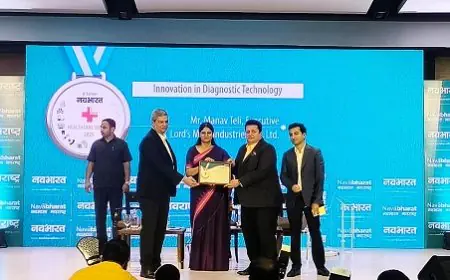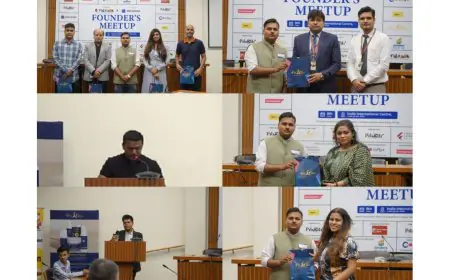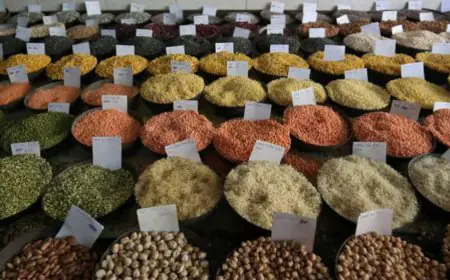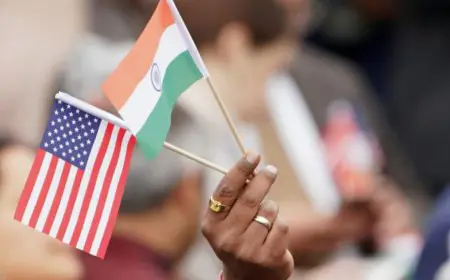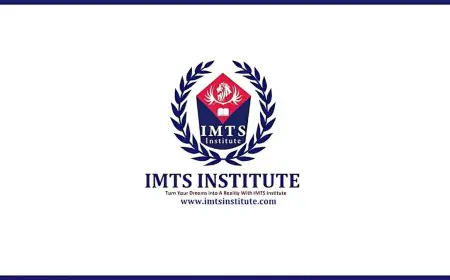Navratri 2024: What Vegetables to Eat and What to Avoid While Fasting
Navratri 2024: There are certain foods that are strictly avoided during the Navratri fast. While some vegetables should be avoided, there some which you can consume during these fasts.
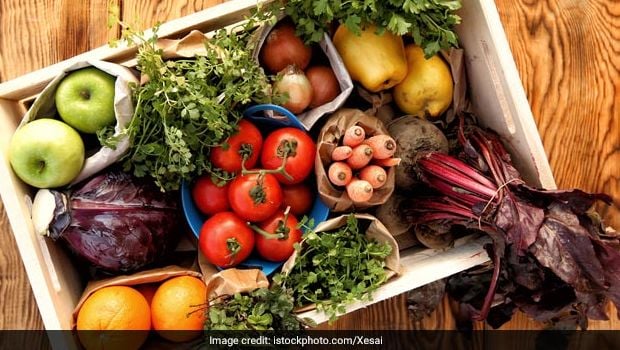
Navratri is known to be one of the biggest Hindu festivals, which also marks the beginning of a string of festivities including Dussehra and Diwali. With this, the devotees of Goddess Durga have started their nine-day Navratri fasting ritual as well. While some devotees may observe a fast for all nine days or choose to keep it in pairs- either on the first and the last day or the last two days. There are certain fasting dos and don'ts that people are required to follow when it comes to their daily diet. For instance, you can include vrat ingredients like samak ke chawal, singhare ka atta, kuttu ka atta, fruits, and some vegetables in your diet during fasting. However, a lot of us may be confused about what kind of vegetables can be consumed during the fast and the ones that should be avoided. While it may depend on the rituals and fasting practices followed by different households and regions, there are some vegetables that are strictly avoided during the Navratri fast. What vegetables should be avoided and which ones can you consume during these fasts? We have all the answers for you.
Potatoes are most commonly used during fasting meals, but what about other vegetables like tomatoes, spinach, cucumber and carrots? According to Chef Manjusha Sinha, "One is allowed to eat bottle gourd or lauki, yellow pumpkin, arbi, potato, cucumber, colocasia and sweet potato or shakarkand. Basically, one can consume any root vegetable or tubers during these fasts."
 Navratri 2024: Potatoes are most commonly used during the fasting meals
Navratri 2024: Potatoes are most commonly used during the fasting mealsWe also asked Culinary Expert and Food Blogger, Chef Reetu Uday Kugaji, to throw some light on the same, "Our goal as spiritual seekers should be to understand our true identity. Besides what we do i.e. karma, food also plays a major role in helping us attain this goal because we are what we eat. The Bhagvad Gita and Vedic Scriptures have categorized foods under Sattvic, Rajasic and Tamasic categories and only those vegetables that are sattvik in nature should be consumed during Navratri fasts."
Sattvik food refers to ingredients that have prana or a life-like force that may include fresh fruits and vegetables. Rajasic of Tamasic foods that are generally bitter, sour, pungent, salty or dry should be avoided as they are known to induce negativity, dullness and restlessness. During the Navratri fasts, we turn to sattvik bhojan and adopt a simple lifestyle.
Here are the vegetables as suggested by Chef Reetu that may or may not be allowed during the Navratri fasts:
 Navratri 2024: Sattvic food refers to ingredients that have prana or a life-like force.
Navratri 2024: Sattvic food refers to ingredients that have prana or a life-like force.Vegetables you can consume in Navratri
- Potato
- Sweet potato
- Pumpkin
- Colocasia
- Raw banana
- Raw papaya
- Bottle gourd
- Tomatoes (it is technically considered a fruit)
- Ginger
- Lemon
- Yam or Suran
- Cucumber
- Carrots
These vegetables are sattvik in nature, provide lots of energy, keep you hydrated and have mild flavours.
Vegetables you should avoid in Navratri
Onions and garlic fall in this category as they are tamasic in nature. Other vegetables that are considered tamasic may include leeks, shallots and mushrooms.

Stick to these basics and observe the Navratri fasts keeping in mind your health and well-being.
What's Your Reaction?









